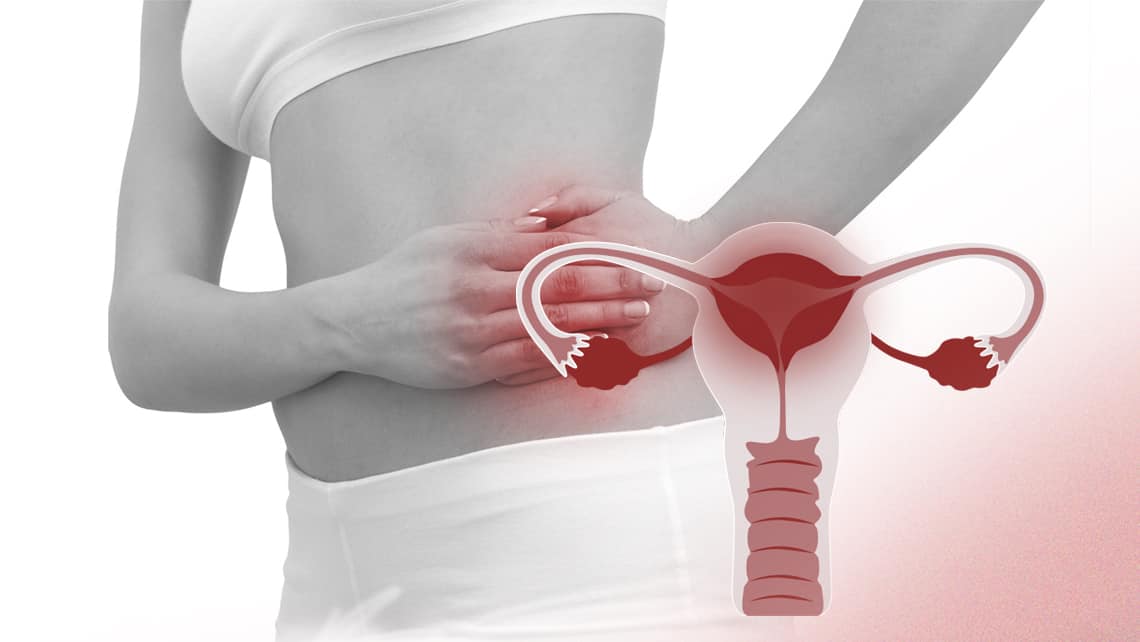Dr. Abhimanyu Rana

Pelvic inflammatory disease (PID)
Pelvic Inflammatory Disease (PID) is a serious infection that affects the female reproductive organs, including the uterus, fallopian tubes, and ovaries. It can have significant short-term and long-term consequences if left untreated. Understanding the nature of PID, its causes, risk factors, symptoms, diagnosis, treatment, and prevention is essential for both individuals at risk and healthcare professionals providing reproductive health care.
Causes and Risk Factors:
PID typically develops when bacteria, most commonly those associated with sexually transmitted infections (STIs) such as chlamydia and gonorrhea, ascend from the lower genital tract to the upper reproductive organs. Other risk factors include:
- Multiple Sexual Partners: Having multiple sexual partners increases the risk of exposure to various types of bacteria.
- Unprotected Sex: Not using barrier methods (condoms) during sexual activity can facilitate the transmission of bacteria.
- History of STIs: A previous history of sexually transmitted infections can increase the risk of developing PID.
- Intrauterine Device (IUD) Use: Although rare, PID can occur shortly after the insertion of an IUD.
- Douching: Frequent douching can disrupt the natural balance of bacteria in the vaginal flora, making it easier for infections to occur.
Symptoms and Complications:
PID can cause a range of symptoms, which may vary in severity:
Pelvic Pain: Dull, aching pain in the lower abdomen or pelvis is a common symptom.
Abnormal Vaginal Discharge: Unusual or foul-smelling vaginal discharge may be present.
Painful Intercourse: Pain or discomfort during sexual activity.
Fever and Chills: Elevated body temperature and flu-like symptoms.
Irregular Menstrual Bleeding: Changes in menstrual patterns or spotting between periods.
Treatment and Prevention:Prompt and appropriate treatment is crucial to prevent complications. Treatment typically involves antibiotics to target the causative bacteria. It is important for sexual partners to also receive treatment to prevent reinfection.

